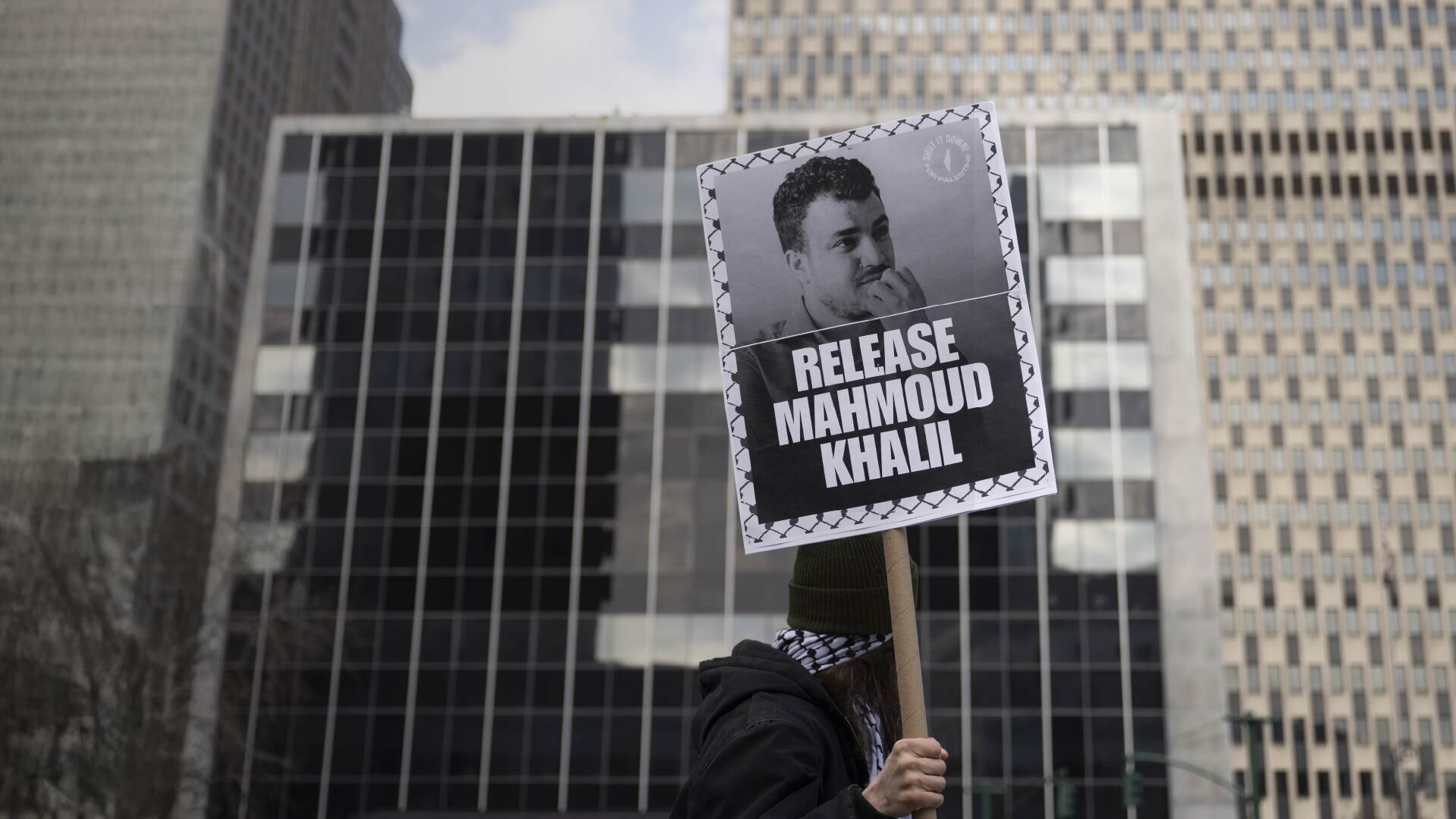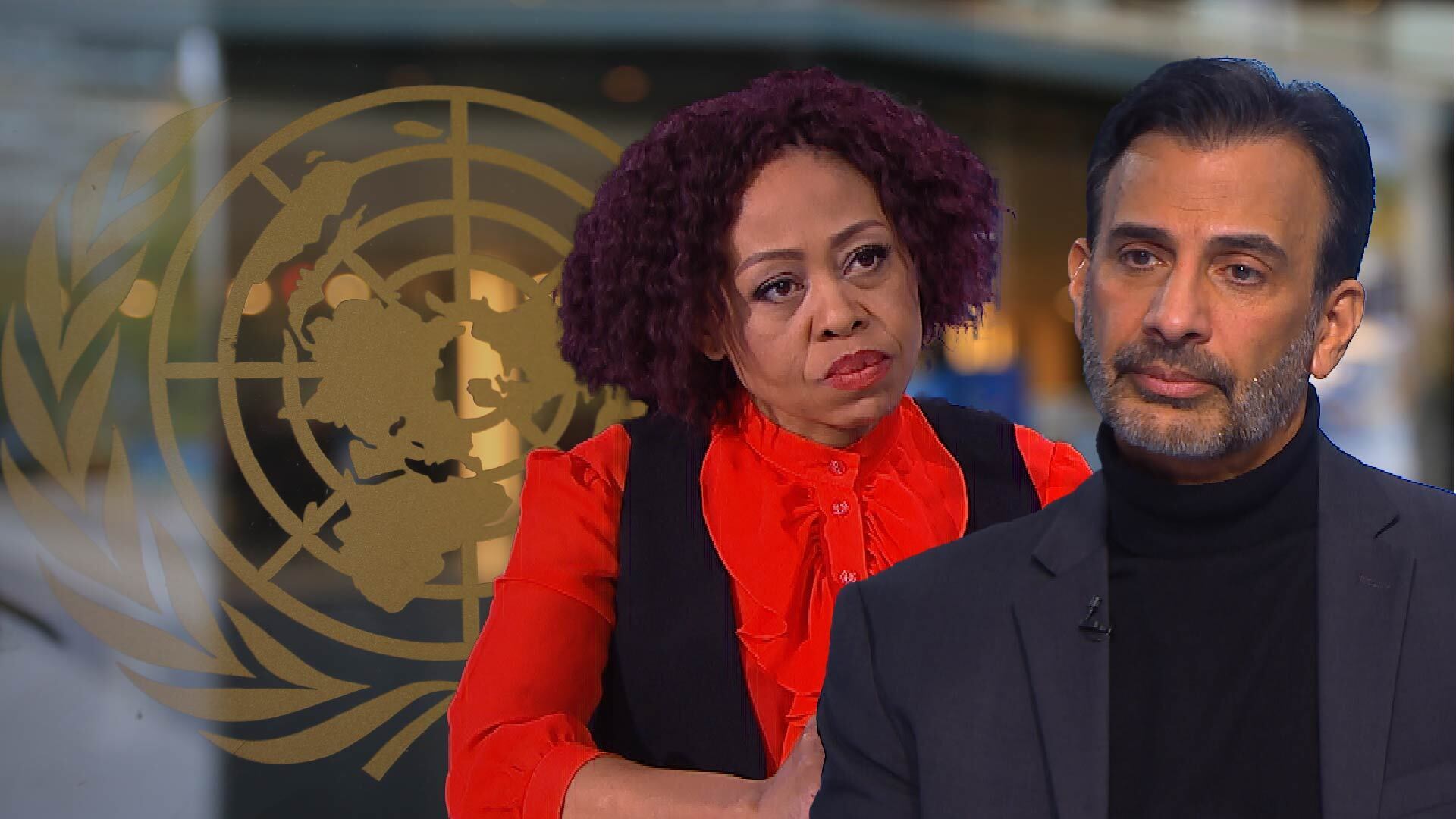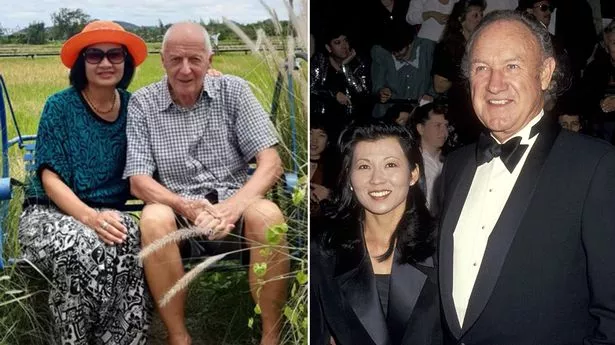The Court of Appeal Abuja has suspended the execution of its decision, which overturned a Federal High Court decision to halt the Kano State Government’s efforts to reinstate Sanusi Lamido Sanusi as Emir of Kano.
A three-member panel of the Appeal Court, led by Justice Okon Abang, delivered the decision.
In light of the Supreme Court of Nigeria’s (Kano State Emirate Council) Law 2024), the suspension is pending a final decision on the Kano Emirate tussle.
In response to the State House of Assembly’s passage of the Kano State Emirate Council (Repeal) Law 2024, Sanusi was reinstated as a result of a legal dispute brought by Alhaji Aminu Babba-Dan’agundi’s legal team, one of the kingmakers’ leaders.
Following a request from Babba-Dan’agundi, a federal high court in Kano had in June 2024, annulled Muhammadu Sanusi II’s election as Kano’s 16th Emir.
Read more about the court’s decision to reject Bello Turji’s bail application.
The Attorney General of Kano State, the Speaker of the House of Representatives, the Department of State Services, and other security organizations were sued by Baba-Dan’agundi.
The 2019 Emirate Council Law, which created five emirates from the original Kano Emirate under former governor Abdullahi Ganduje, was repealed by the state government.
Justice Abdullahi Muhammad-Liman of the Kano trial court declared that all actions taken by the state government following the passage of the Kano Emirate Council (Repeal) Law 2024 were unlawful.
The State House of Assembly filed an appeal with the Appeal Court after disagreeing with the lower court.
The trial court’s ruling in January 2025, which had issued a status quo order opposing the passage of the Emirate bill, was overturned by the Appeal Court, which had mandated a new trial of the case.
Additionally, the trial court lacked the authority to hear the case, according to the Appeal Court.
After the Supreme Court’s decision, the parties then filed an appeal for final redress, while Babba-Dan’agundi filed a petition to the Appeal Court for an injunction to stop the respondents from enforcing the appeal’s judgment pending the outcome of the Supreme Court’s decision.
Justice Okon Abang agreed with the Kano State Assembly that a Supreme Court injunction can only be granted when the applicant has provided “special circumstances” that justify granting an order in accordance with the ruling on Friday.
He claimed that the Supreme Court was satisfied that the applicant (Babba-Dan’agundi) had a legitimate and controversial appeal against its decision to overrule the lower court.
In the event that the applicant’s Supreme Court appeal is unsuccessful, he added that the applicant has a legal right that needs to be protected.
The judge decided that granting the application was in the public’s best interest.
The respondents’ representatives (Kano State House of Assembly, Kano State Government, etc.) are granted an injunction. ) from enforcing the judgment of this Court in Appeal No. by themselves, their agents, privies, servants, or personal representatives. He said that pending the hearing and decision of the applicant’s appeal filed on 24/1/2025 before the Supreme Court of Nigeria, KANO STATE HOUSE OF ASSEMBLY & ANOR VS ALHAJI AMINU BABBA-DAN ‘AGUNDI &, OTHERS delivered on 10/1/2025.
According to the position before the trial court’s decision delivered on 13/6/2024 in Suit No. 2, he also directed parties to “maintain the status quo ante bellum” (the condition that existed prior to the legal conflict). In pending the hearing and determination of the applicant’s appeal against the Court’s decision in Appeal No. 192, the applicant files a petition for the court to hear their appeal. CA/KN/126/2024.
In the event that the order should not have been issued, the applicant must submit an undertaking to indemnify the respondents in damages within 48 hours.
All four newly established state emirate councils were disbanded by the state’s House of Assembly on May 23, 2024.










